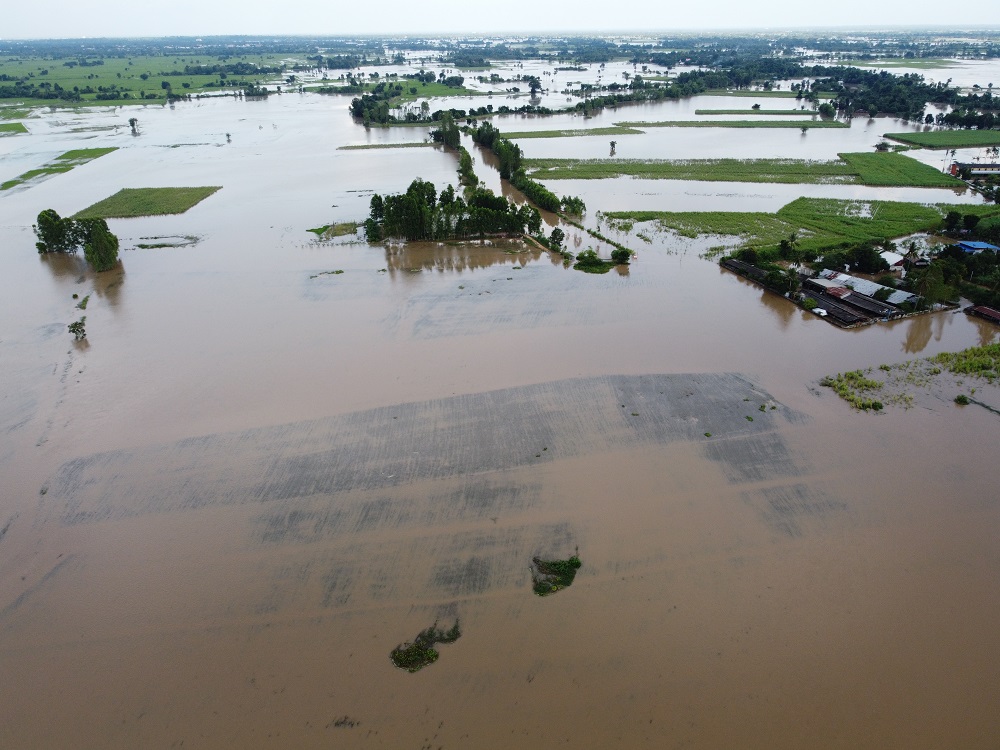
- July 17, 2023
- drsfurtimann
- 0
Stagnation of water, following floods is a thriving breeding ground for mosquitoes, bacteria, and other harmful organisms.
If left unattended to, this will trigger surges in infectious diseases.
Floodwaters often include sewage and toxins in the water, especially in urban areas. Floodwaters include oil, diesel or gasoline, garbage, dead animals and chemicals that are caught up in the flooding.
All these can lead to
1) Vector borne infections
2) Water borne diseases
3) Chemical Hazards
4) Skin Infections
5) Allergies
6) Mental Health issues
Areas with high-level humidity and moist materials provide an ideal environment for the growth of microorganisms like mold (fungus), which could result in continued or additional effects in allergy & asthma patients.
Exposure to contaminated floodwater can cause:
-Wound infections
-Skin infections
-Gastrointestinal illness
-Cholera
-Typhoid
-Hepatitis A
-Tetanus
-Leptospirosis
Stagnant water provides breeding grounds for mosquitoes, leading to an increased risk of diseases like dengue fever, malaria, and chikungunya.
Floodwater can displace animals, insects, and reptiles. To protect yourself and your family, be alert and avoid contact.
Keeping the areas around homes dry and avoiding water accumulation is crucial. Wearing full-sleeved clothing, particularly during the night, helps reduce exposure to mosquitoes. It is advisable to avoid consuming outside junk food and packed items that may be contaminated. Applying mosquito repellent creams and using mosquito nets at home provide protection against mosquito bites.
Individuals are strongly urged to avoid exposing their mouth, nose, and eyes to floodwater. Boiling water intended for drinking and food preparation is essential. Walking in flooded or standing water should be avoided.
